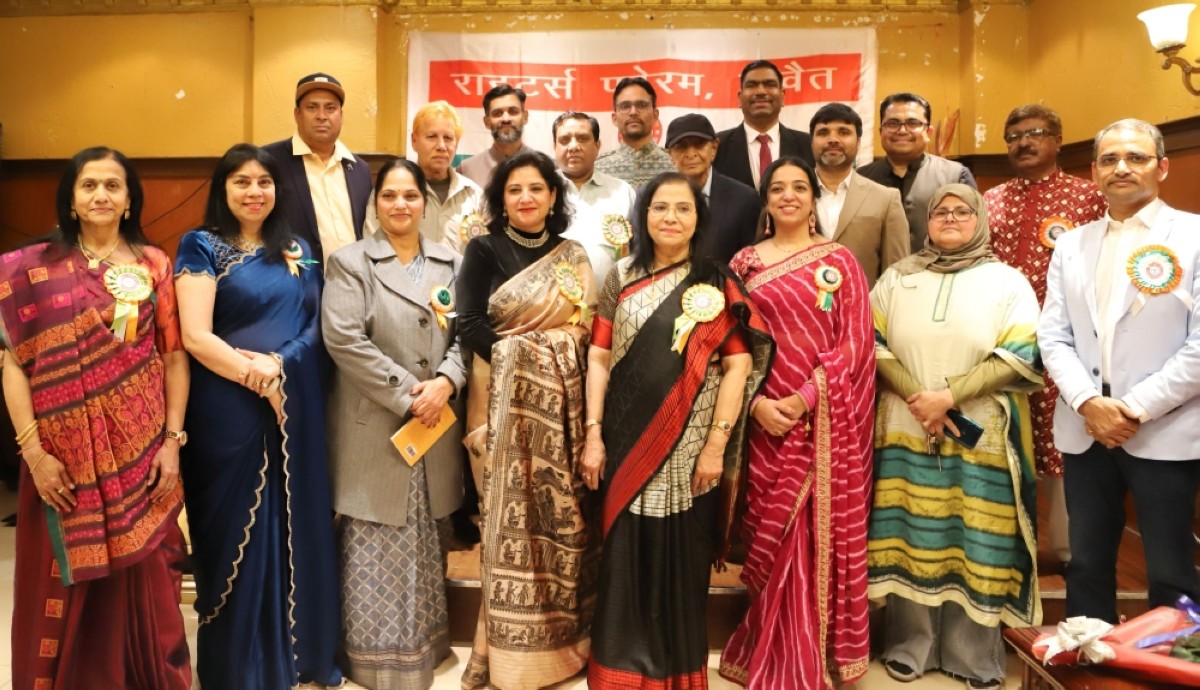A rap vanguard essential to the Atlanta scene at the genre’s nerve center, Young Thug is one of contemporary hip-hop’s most famous and most idiosyncratic figures. The artist’s arrest in May 2022 on racketeering charges rattled the community the 32-year-old came up in, as he and 27 other alleged street gang members were swept up in a sprawling indictment that charged some of them with violent crimes.
With opening statements in the trial due to begin Monday in Atlanta, state prosecutors allege the chart-topping artist, born Jeffery Williams, is the founder and head of YSL, or Young Slime Life, an affiliate of the Bloods street gang. But defense attorneys assert that YSL is nothing but a record label and a family of artists known as Young Stoner Life—the name of the label Young Thug founded in 2016 as an imprint of 300 Entertainment, a subsidiary of Warner Music Group. The rapper maintains his innocence.
The case has sparked widespread attention not least because prosecutors plan to cite rap lyrics as evidence of criminal activity, a practice that for years has prompted accusations of racism and an unconstitutional curbing of artistic expression.
The month after his arrest, Young Thug urged fans in a video to sign a petition calling for legislation to restrict courts from using rap lyrics against defendants. "You know, this isn’t just about me or YSL. I always use my music as a form of artistic expression, and now I see that Black artists and rappers don’t have that, you know, freedom. Everybody please sign the ‘Protect Black Art’ petition and keep praying for us. I love you all,” he said in the message, which was shown at a concert. The petition has since garnered tens of thousands of signatures.
‘Rap weirdo’
Born August 16, 1991, Williams grew up in the Jonesboro South projects of Atlanta, where other renowned rappers including Waka Flocka Flame, 2 Chainz and Ludacris also came from. As a teen he declared himself to be the "next Lil Wayne,” another Southern rapper he idolized in his youth—before becoming friends with him, getting bigger than him, and eventually beefing with him.
Starting in 2011, the young rapper released mixtape after mixtape, drawing the attention of Atlanta legend Gucci Mane, who signed him. His debut commercial single "Stoner” gained acclaim, while fan favorite "Danny Glover” earned him remixes from prominent rappers including Nicki Minaj.
Beloved for his experimentation in the booth, Young Thug pulled off avant-garde flows rife with voice cracks and squeals, made trippier by mind-bending rhymes and scrambled words. One critic at the hip-hop magazine XXL dubbed the prolific artist a "rap weirdo,” while Billboard applauded his vocal contortions: "He finds a new way to distress and warp his tone, to burrow resourcefully into rhythmic cracks and crevices.”
Over more than a decade Young Thug has won legions of fans, though for years his psychedelic, flamboyant style and famously outlandish personality overwhelmed the infectious peculiarities and mastery of his music. But today he is one of rap’s most emulated artists, spawning a new generation of Thug clones including Gunna, Lil Duke and the late Lil Keed.
Gunna, one of Young Thug’s most famous proteges, was also swept up in the Georgia indictment but took a plea deal. Critics have declared Young Thug among the most influential voices of his generation, crediting the rapper with concocting rap’s current flavor by infusing it with his singular uncanny expression. "I love when people ask me what I’m saying,” he told The Fader magazine in 2014. "Even though I ain’t gonna tell them. I’ll let them listen 10 more years before I tell them.” — AFP



